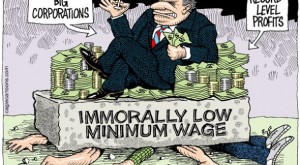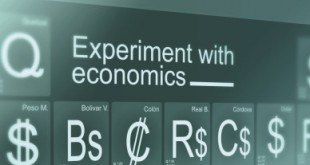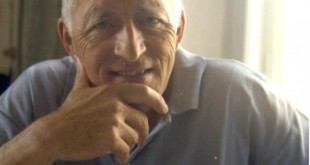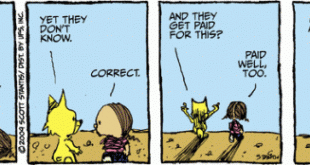In conclusion, one can say that the sympathy that some of the traditional and Post-Keynesian authors show towards DSGE models is rather hard to understand. Even before the recent financial and economic crisis put some weaknesses of the model – such as the impossibility of generating asset price bubbles or the lack of inclusion of financial sector issues – into the spotlight and brought them even to the attention of mainstream media, the models’ inner working were highly questionable from...
Read More »Modern macro — ‘genuine plurality’ vs. ‘axiomatic variation’
The DSGE mainstream – which is made up of new classical macroeconomics and neo-Keynesianism – is unanimously based on the core assumptions that characterize the paradigm of social exchange theory. These are rationality, ergodicity and substitutionality, the exclusive acceptance of a formal mathematical-deductive, positivist reductionism. After the ‘empirical turn’ of the last two or three decades, these have been combined with sophisticated micro- and macroeconometrics, or with...
Read More »Economics — the ‘ten million cool theories’ problem
Economics — the ‘ten million cool theories’ problem By Noah Smith’s own account, the field of economics is experiencing an empirical revolution. Unlike the past, it has become necessary to test theories against reality. That places the field of economics many decades behind the field of evolution and numerous fields in the human social sciences that have been rigorously evidence-based all along. Earth to the economics profession: Welcome to Science 101! But there is more to Science 101...
Read More »Debt, credit and financial instability
Debt, credit and financial instability [embedded content] In a blogpost the other day, Simon Wren-Lewis was airing some misgivings about MMT. According to Wren-Lewis there’s basically nothing new about MMT — everything has been ‘well known long before MMT.’ And, argues Wren-Lewis: Some have commented that my recent discussion of fiscal rules ignores the fact that governments can finance investment, or anything else, by creating money. What would happen if the government started doing...
Read More »Slandering Bernie Sanders
Sanders has been dismissed as selling unrealistic pipe dreams. Social Security would be a pipe dream if we did not already have it; so would Medicare and public education too. There is a lesson in that. Pipe dreams are the stuff of change. Rather than an excess of pipe dreams, our current dismal condition is the product of fear of dreaming. The Democratic Party establishment persistently strives to downsize economic and political expectations. Senator Sanders aims to upsize them, which is...
Read More »Card and Krueger on minimum wage
Card and Krueger on minimum wage “Myth and Measurement” was recently re-released as a 20th anniversary edition. While it’s common now to hear that raising the minimum wage won’t increase unemployment, the initial empirical work by Card and Krueger wasn’t immediately embraced by other economists … And it makes sense why some economists would find Card and Krueger’s results so shocking and at times literally unbelievable. Simple supply and demand tells us that if a higher minimum wage pushes...
Read More »Noahpinion and the empirical ‘revolution’ in economics
Noahpinion and the empirical ‘revolution’ in economics But I think that more important than any of these theoretical changes … is the empirical revolution in econ. Ten million cool theories are of little use beyond the “gee whiz” factor if you can’t pick between them. Until recently, econ was fairly bad about agreeing on rigorous ways to test theories against reality, so paradigms came and went like fashions and fads. Now that’s changing. To me, that seems like a much bigger deal than any...
Read More »Teaching macroeconomics
To what extent has – or should – the teaching of economics be modified in the light of the current economic crisis? … For macroeconomists in particular, the reaction has been to suggest that modifications of existing models to take account of ‘frictions’ or ‘imperfections’ will be enough … However, other economists such as myself feel that we have finally reached the turning point in economics where we have to radically change the way we conceive of and model the economy … Rather than...
Read More »Robert Lucas the storyteller
Robert Lucas the storyteller We are storytellers, operating much of the time in worlds of make believe. We do not find that the realm of imagination and ideas is an alternative to, or retreat from, practical reality. On the contrary, it is the only way we have found to think seriously about reality. In a way, there is nothing more to this method than maintaining the conviction … that imagination and ideas matter … there is no practical alternative” Robert Lucas (1988) What Economists Do...
Read More »Magoo economics
There is widespread disappointment with economists now because we did not forecast or prevent the financial crisis of 2008. The Economist’s articles of July 18th on the state of economics were an interesting attempt to take stock of two fields, macroeconomics and financial economics, but both pieces were dominated by the views of people who have seized on the crisis as an opportunity to restate criticisms they had voiced long before 2008. Macroeconomists in particular were caricatured as...
Read More » Heterodox
Heterodox









